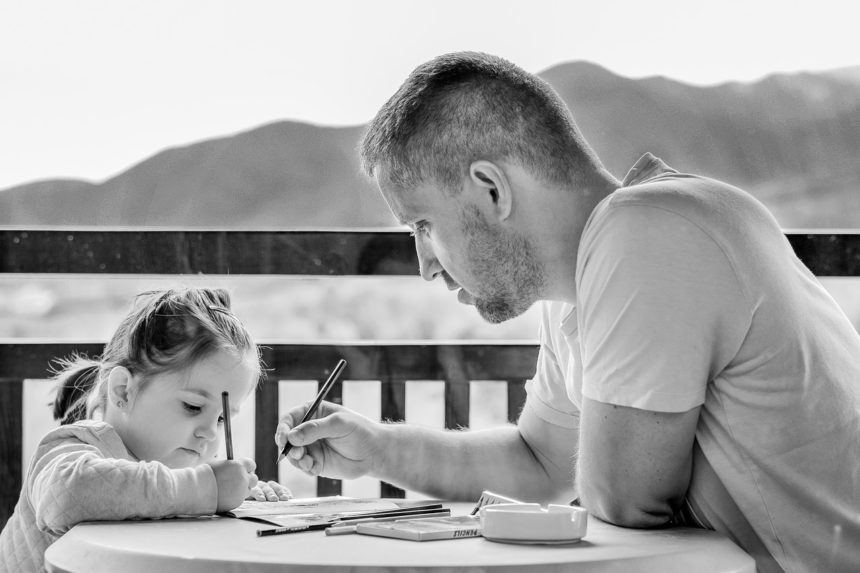These tips are important for children and adolescents of all ages:
- Reassure them that you’ll do everything you can to keep them and their loved ones safe.
- Encourage them to talk and ask questions
- Let them know that they can be open about their feelings.
- Answer questions honestly.
- Protect them from what they don’t need to know.
- Avoid discussing worst-case scenarios.
- Limit excessive watching and listening to graphic replays of the traumatic event
- Stick to your daily routine as much as possible.
Most children and teenagers will recover from their fear. But you can watch for these signs of ongoing distress:
- Difficulty sleeping
- Change in eating habits
- Clinginess
- Re-experiencing the event through nightmares, recollections, or play
- Avoidance anything reminiscent of the event
- Emotional numbing or lack of feeling about the event
- Jumpiness
- Persistent fears about another disaster
If after a month or so your child is still showing signs of distress, professional help may be indicated. Children who have trouble getting beyond their fears may be suffering from PTSD, or posttraumatic stress disorder. And that’s when it’s time to seek the assistance of a mental health professional. Many effective treatments are available for children and teens.


Leave a Reply